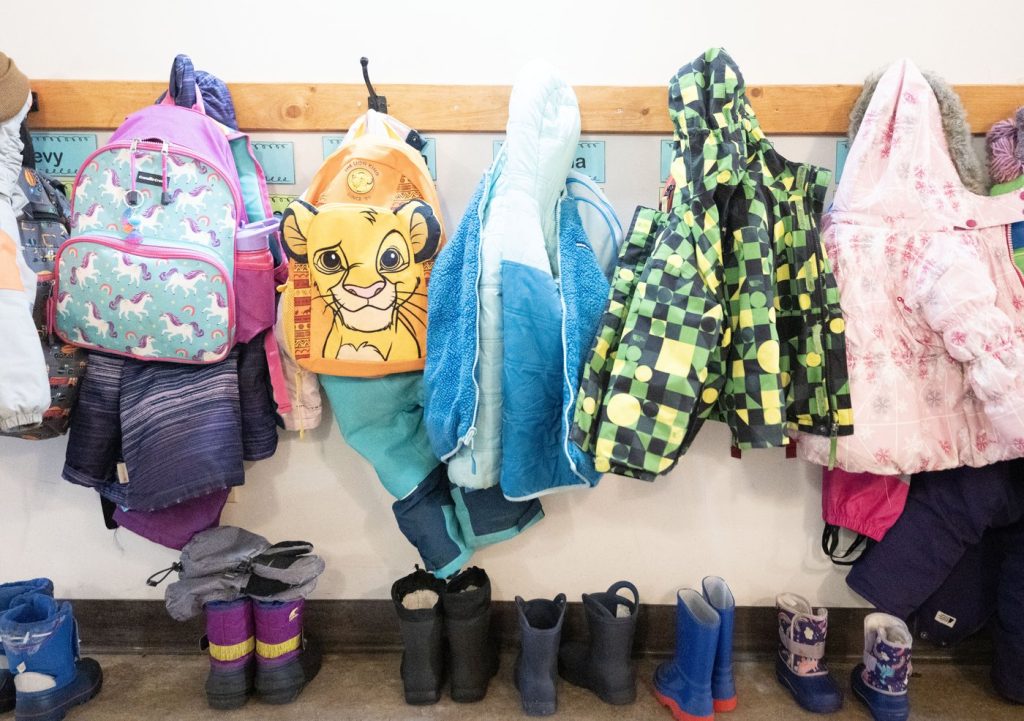In a recent article, Jade Medeiros shared her experience of moving from Ontario to New Brunswick, highlighting the challenges of adapting to a new vaccination program for her two young daughters. After relocating to Moncton in 2020, Medeiros discovered that her children were behind on their routine vaccinations due to differing schedules between the two provinces. In New Brunswick, her younger daughter had to receive multiple vaccinations at once, while in Ontario, these shots are administered in a more staggered manner.
This discrepancy in vaccination schedules is a result of each province and territory tailoring its approach based on various factors, including the timing of when children benefit from vaccinations and which vaccinations can be combined. For instance, amid a significant measles outbreak affecting nearly 5,000 cases across Canada, the timing of the second dose of the measles vaccine varies; it is administered at 18 months in some regions while in others, it is scheduled between ages four and six.
The Canadian Paediatric Society has advocated for a unified vaccine schedule since 1997, emphasizing the need for consistency in immunization programs across the country. With the threat of losing Canada's measles elimination status due to the outbreak, the issue of harmonizing vaccination schedules has gained urgency. Parents and health experts express concerns that confusion over different provincial schedules and inadequate record-keeping can lead to decreased vaccination rates, particularly as vaccine skepticism grows in North America.
Vaccination rates among children have declined significantly, dropping from 86% for seven-year-olds receiving both doses of the measles vaccine in 2019 to just 76% in 2023. To achieve herd immunity, a rate of 95% is necessary. Streamlining vaccination schedules to be more straightforward could play a crucial role in improving these rates and eliminating vaccine-preventable diseases like measles.
Medeiros voiced her belief that a harmonized vaccine schedule across all provinces is essential. Currently, most provinces administer the Measles, Mumps, Rubella, and Varicella (MMR-V) vaccine at 12 and 18 months. However, British Columbia follows a different approach, providing separate MMR and Varicella shots at 12 months and a combined MMR-V shot when children are about to enter school. Yukon has a similar schedule to British Columbia, while Ontario separates the MMR and Varicella shots and combines them at four to six years of age.
The variations in vaccine schedules reflect differences in infectious disease patterns among populations, as explained by Dr. Arlene King, a former Chief Medical Officer of Health in Ontario. Some provinces have modified their schedules based on recommendations from the National Advisory Committee on Immunization. While spaced-out doses may strengthen immunity, there is scientific evidence suggesting that closer immunization schedules might better protect vulnerable populations, especially infants who might not respond adequately to the first dose.
The Canadian Paediatric Society has reiterated the need for a unified immunization strategy, akin to systems in the United States and the United Kingdom, where children typically receive their second dose around school age. Despite calls for improvement, comprehensive record-keeping systems remain largely unimplemented across Canada; only six provinces have vaccine registries, and none are interconnected.
Dr. Jeffrey Pernica has been advocating for an electronic vaccine registry that would help parents track their children's immunization status and remind them of upcoming shots. Alberta serves as a successful model, where public health nurses utilize registry data to contact families of children who are due for vaccinations. However, many provinces still rely on disjointed systems involving family doctors or local public health offices, leaving parents less informed about their children's immunization needs.
In Ontario, millions lack family doctors, and those who have them often receive insufficient communication regarding vaccination schedules due to varying resources and time constraints. For many parents, these challenges complicate the already demanding task of managing their children's health amidst busy daily lives.











